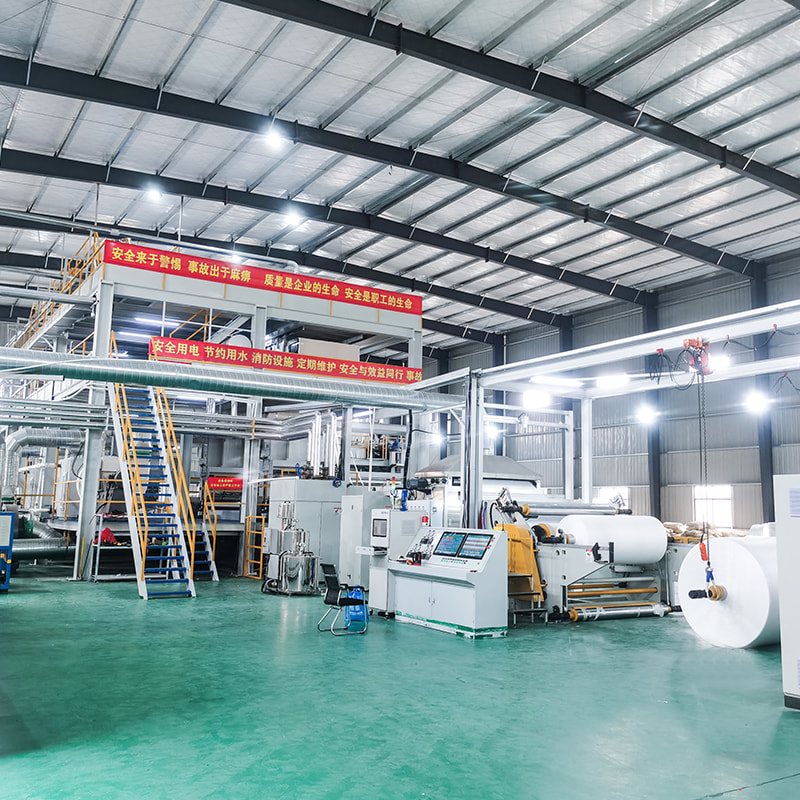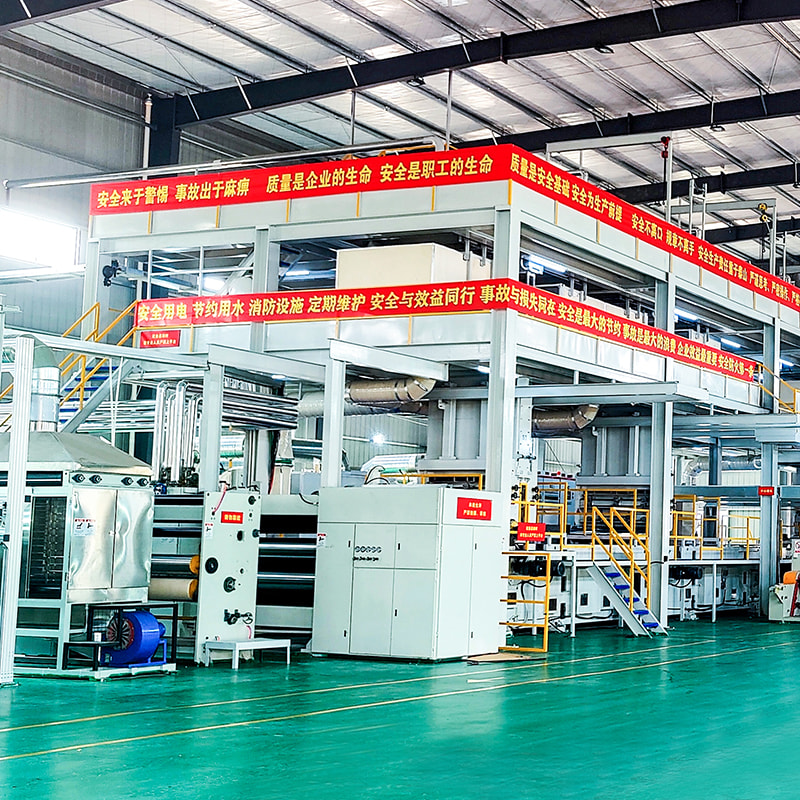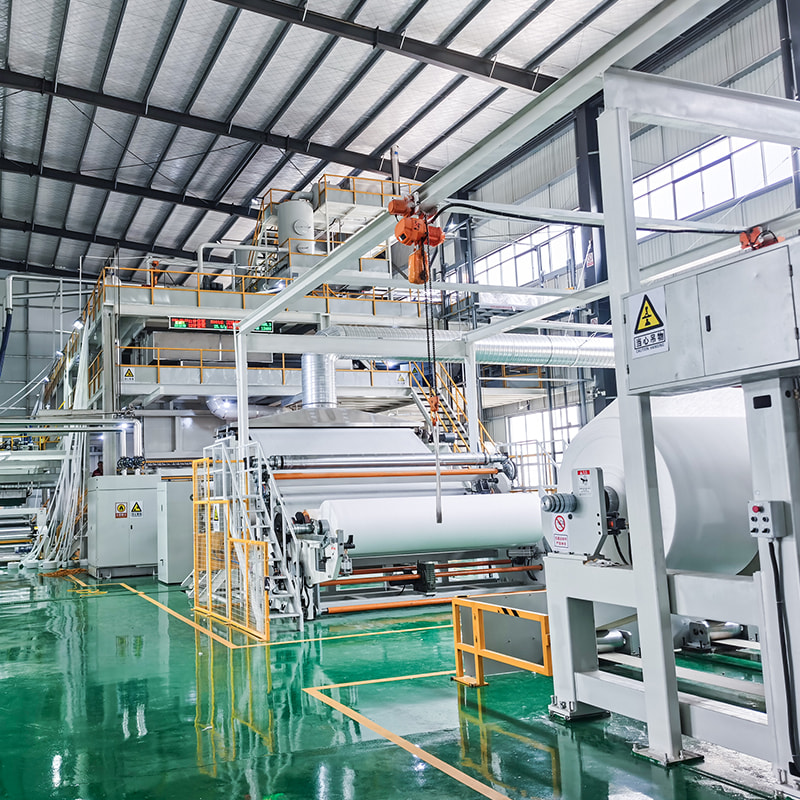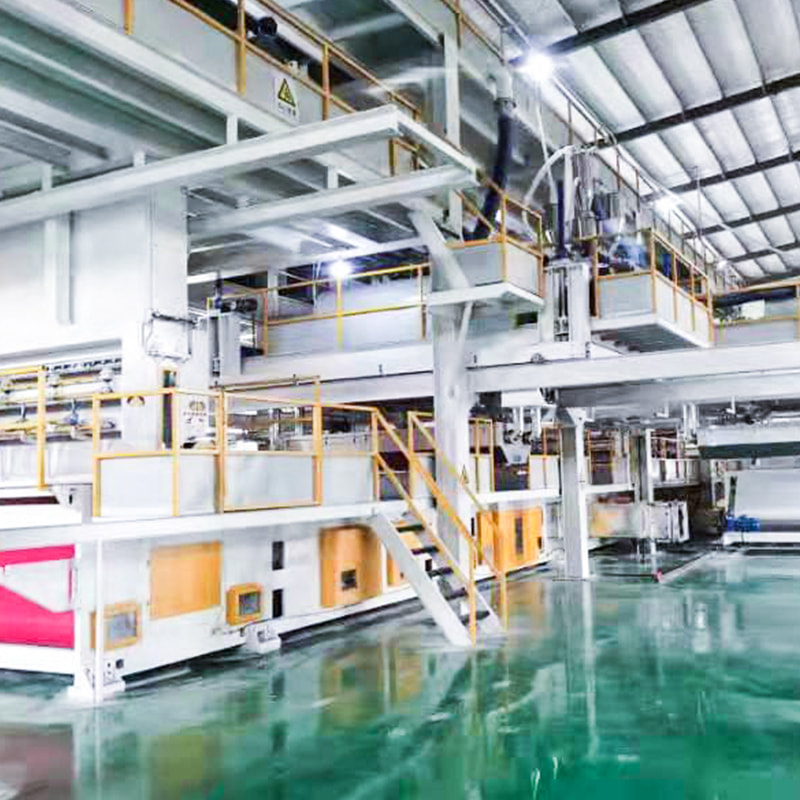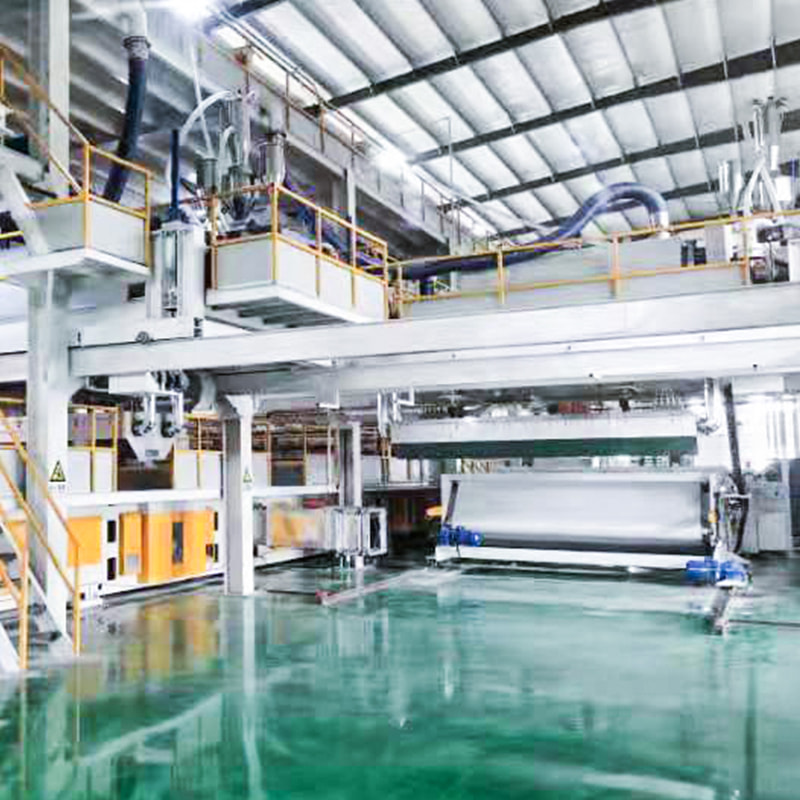Introduction to SMS Fabric Made of Polypropylene
SMS (Spunbond-Meltblown-Spunbond) fabric, made from polypropylene, is a versatile and durable nonwoven fabric. This fabric is produced by combining three layers: the outer spunbond layers, which offer strength and flexibility, and the middle meltblown layer, which provides filtration capabilities. Polypropylene, a thermoplastic polymer, is known for its strength, resistance to moisture, and lightweight properties, making SMS fabric ideal for various industrial and consumer applications.
Key Properties of Polypropylene SMS Fabric
SMS fabric made from polypropylene boasts several key properties that make it suitable for a wide range of uses. Below are the most important attributes of this material:
- Lightweight: Polypropylene SMS fabric is incredibly lightweight, which makes it easy to handle and transport.
- Durability: The combination of spunbond and meltblown layers enhances the fabric's durability, making it resistant to tearing and damage.
- Water-Resistant: Polypropylene's natural hydrophobic properties make SMS fabric water-resistant, suitable for use in wet conditions.
- Breathability: The fabric allows air and moisture vapor to pass through, contributing to comfort and usability in applications such as medical and hygiene products.
- Filtration Efficiency: The meltblown layer offers excellent filtration properties, making it ideal for use in protective clothing and air filtration systems.
- Eco-Friendly: Polypropylene is recyclable, making SMS fabric a more sustainable choice in many applications.
Applications of Polypropylene SMS Fabric
Due to its unique properties, polypropylene SMS fabric has a broad range of applications across multiple industries. Some of the most common uses include:
Medical and Hygiene Products
SMS fabric is widely used in the production of medical garments such as surgical gowns, masks, and drapes. Its ability to offer a barrier against liquids, while remaining breathable, makes it ideal for medical applications that require both protection and comfort. Additionally, the fabric's filtration properties help prevent the spread of contaminants.
Protective Clothing
In industries such as construction and agriculture, SMS fabric is used to create protective clothing like coveralls, aprons, and work suits. These garments provide resistance to dust, dirt, and other hazardous materials while being comfortable enough for extended wear. The fabric's durability ensures long-lasting performance in demanding environments.
Filtration Systems
Due to the excellent filtration capabilities of the meltblown layer, SMS fabric is often used in air and water filtration systems. It is commonly found in air purifiers, HVAC systems, and respiratory protection devices. The high efficiency of the material in capturing particles makes it an essential component in these systems.
Industrial Wipes and Cleaning Cloths
SMS fabric's durability and ability to trap dirt and moisture make it an ideal material for industrial wipes and cleaning cloths. These wipes are commonly used in manufacturing plants, automotive workshops, and other industrial environments where quick and efficient cleaning is necessary.
Advantages of Using Polypropylene SMS Fabric
The use of polypropylene SMS fabric offers a number of distinct advantages, which make it a preferred material in many industries:
- Cost-Effective: Polypropylene is a relatively inexpensive material, which helps keep production costs low without sacrificing quality.
- Versatility: The unique structure of SMS fabric allows it to be used in a wide variety of applications, from medical to industrial uses.
- Comfort: The fabric’s breathability and softness provide a high level of comfort in applications where it is worn or in contact with skin.
- Customizable: Polypropylene SMS fabric can be tailored for specific purposes, such as adding coatings for added resistance or changing thickness for different applications.
Challenges and Limitations of Polypropylene SMS Fabric
While polypropylene SMS fabric has many benefits, there are some challenges and limitations to consider:
- Environmental Concerns: Though polypropylene is recyclable, the widespread use of single-use polypropylene products, especially in medical and hygiene industries, contributes to environmental waste.
- UV Degradation: Polypropylene fabric can degrade when exposed to ultraviolet (UV) light over extended periods, which can impact its performance and longevity.
- Limited Chemical Resistance: Polypropylene may not be suitable for environments where it is exposed to certain strong chemicals, which could cause degradation of the material.
Conclusion
Polypropylene SMS fabric offers a unique combination of durability, breathability, and filtration, making it an invaluable material across various industries. Whether used in medical products, protective clothing, or filtration systems, its practical applications continue to grow. However, like all materials, it does come with certain limitations, especially in terms of environmental impact and resistance to UV degradation. By understanding its properties and applications, businesses and manufacturers can make more informed decisions about using this versatile fabric.


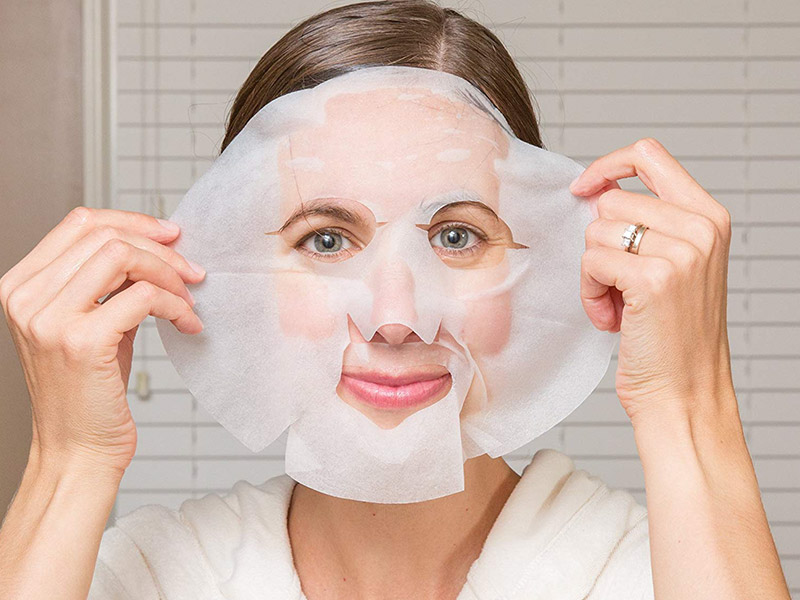
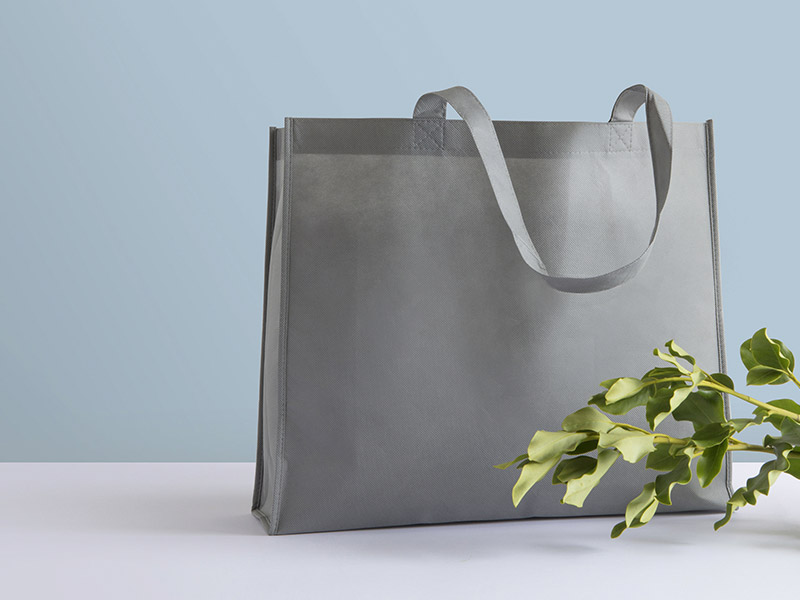
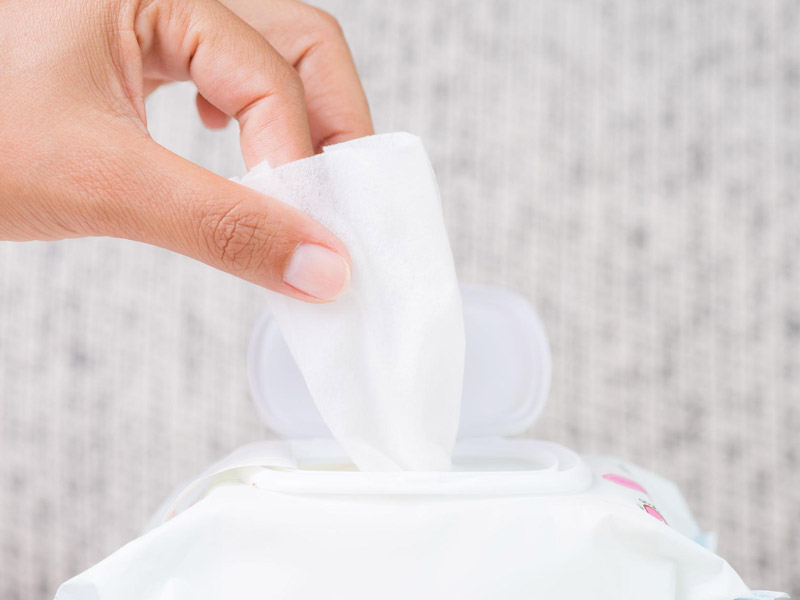
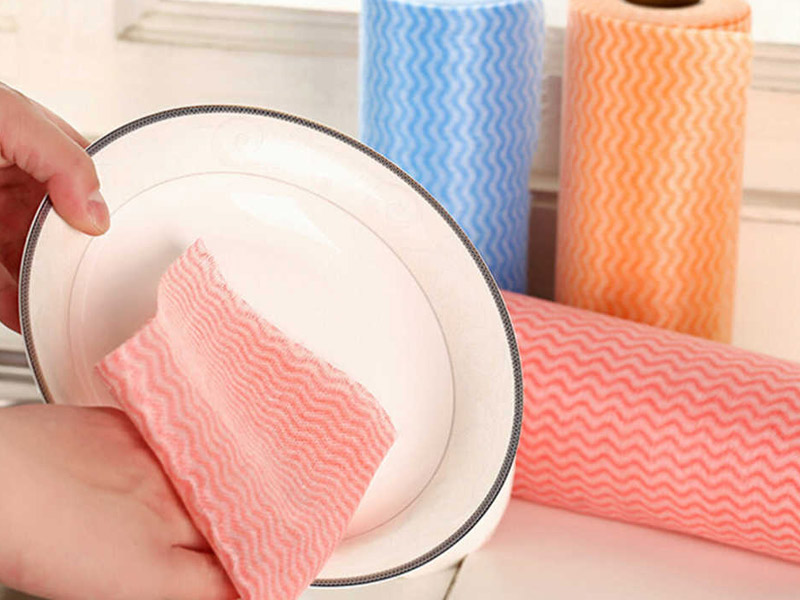
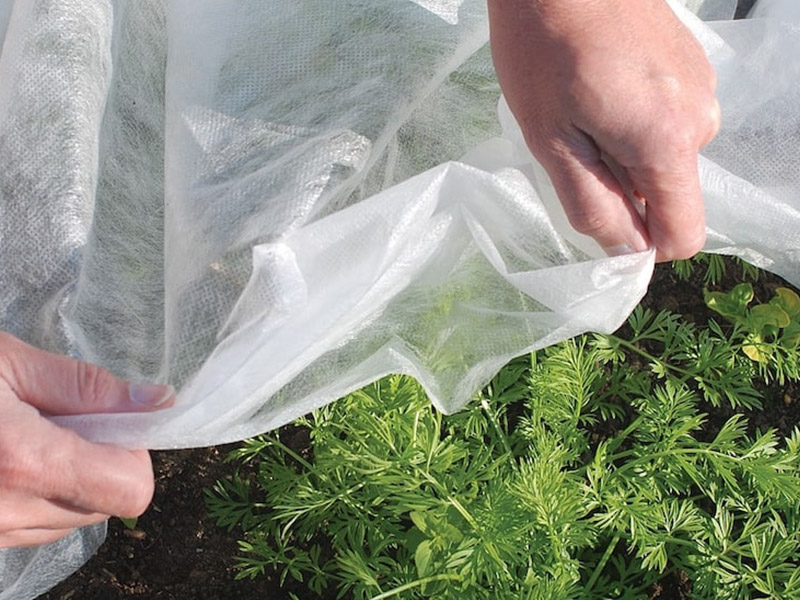
 English
English 中文简体
中文简体 русский
русский عربى
عربى